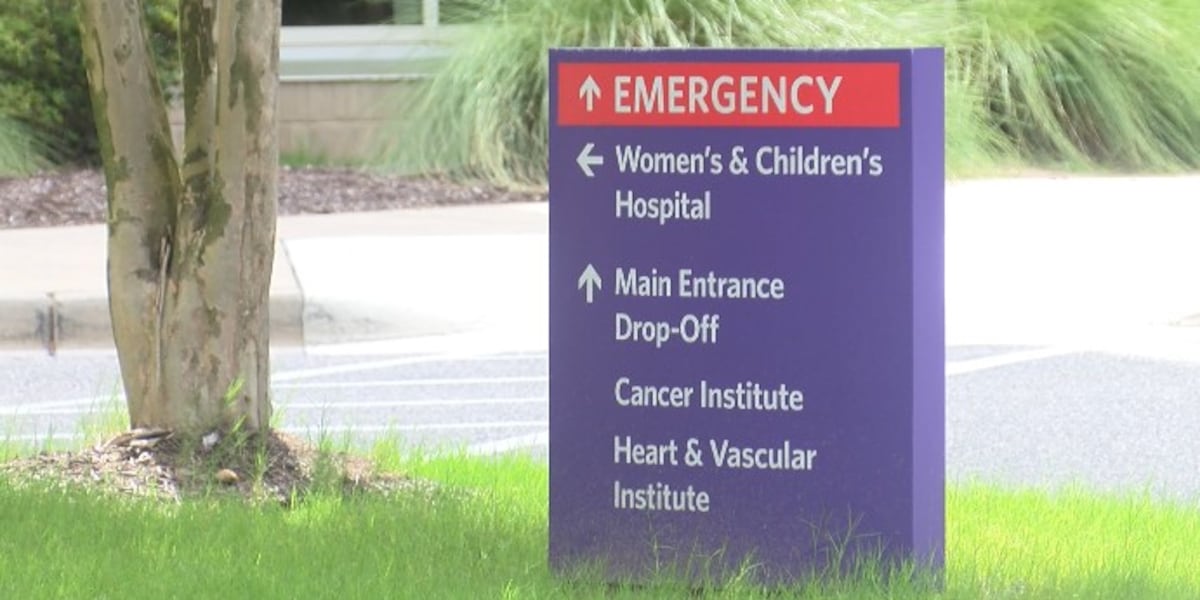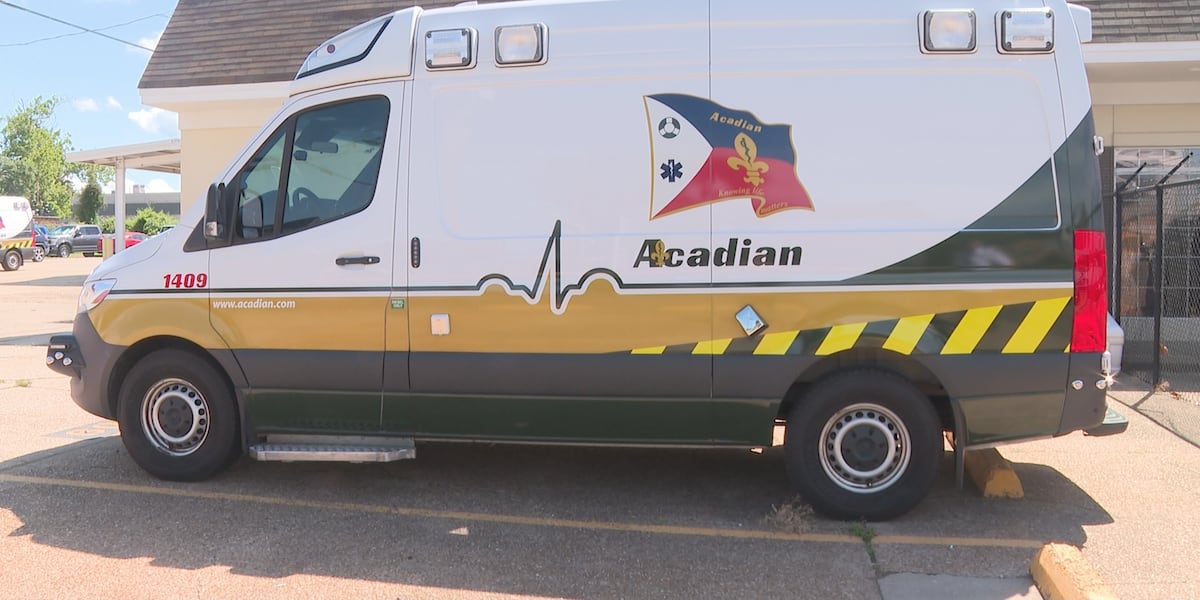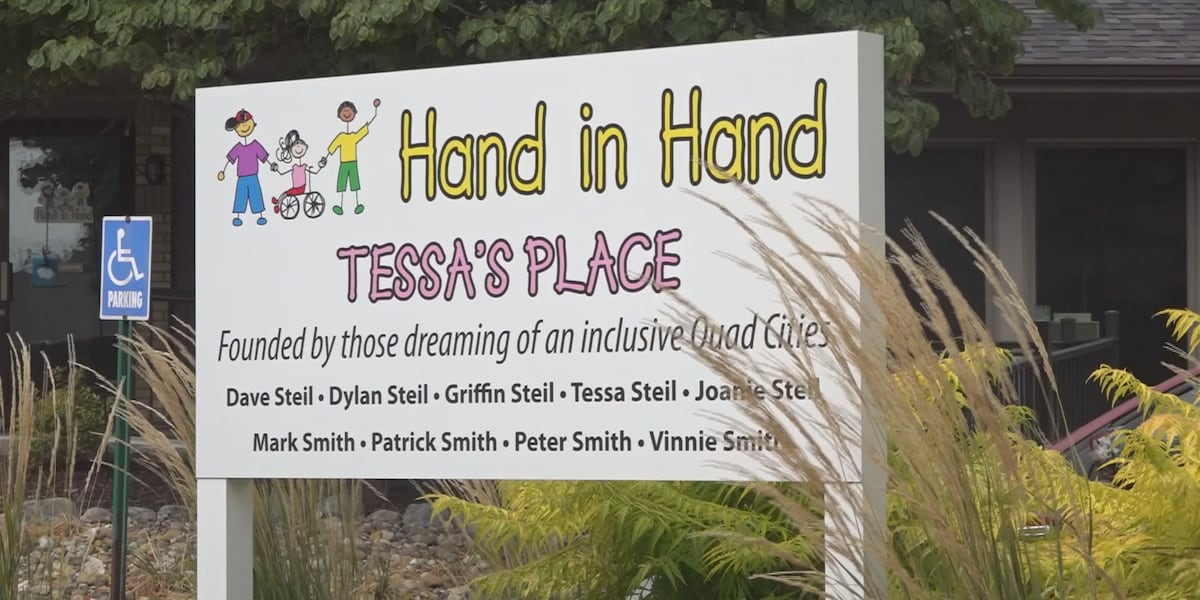Mpox Cases Soar in Sierra Leone: Urgent Plea for US Aid as West Africa Battles Outbreak

Sierra Leone is facing a concerning surge in Mpox (monkeypox) cases, prompting health officials to issue an urgent appeal for assistance from the United States. The escalating outbreak is adding further strain to already stretched healthcare systems across West Africa, which are struggling to effectively track and treat infections. Experts are warning of a rapid spread, compounded by a worrying trend: the United States is reportedly scaling back its global vaccination efforts.
A Growing Crisis in West Africa
The Mpox outbreak, while initially contained, is now experiencing a resurgence in several West African nations. Sierra Leone is particularly hard hit, with case numbers rapidly climbing. The challenges facing these countries are multifaceted. Limited resources, inadequate testing capacity, and a shortage of trained healthcare professionals are hindering efforts to contain the virus. Traditional contact tracing methods are proving difficult to implement effectively, and the logistical complexities of reaching remote communities further complicate the situation.
The Urgent Need for Treatment and Vaccination
Effective treatment and preventative vaccination are crucial to curbing the spread of Mpox. However, access to both remains severely limited in affected regions. The existing vaccines, while proven effective, are in short supply, and distribution networks are struggling to reach those most at risk. Beyond vaccination, providing supportive care to infected individuals and managing secondary infections are also vital components of the response.
US Cuts to Global Vaccination Efforts: A Cause for Concern
The timing of the US decision to reduce its global vaccination programs is deeply troubling, given the current crisis. While the US has previously provided significant financial and logistical support to combat infectious diseases worldwide, these cuts will undoubtedly hamper efforts to control the Mpox outbreak and potentially allow it to spread further. Critics argue that reducing global health security investments is a short-sighted strategy that ultimately puts American citizens at risk as well.
Sierra Leone's Plea for US Support
Sierra Leone’s health officials are now directly appealing to the United States for increased assistance, including the provision of vaccines, therapeutics, and technical expertise. They emphasize the need for a coordinated international response to effectively address the outbreak and prevent it from escalating into a larger global health emergency. The situation demands immediate action and a renewed commitment from the international community, particularly from nations with the resources and capabilities to provide vital support.
Looking Ahead: Prevention and Preparedness
Beyond the immediate crisis, the Mpox outbreak underscores the importance of strengthening global health security infrastructure and investing in preventative measures. Early detection, robust contact tracing, and widespread vaccination campaigns are essential to preventing future outbreaks. International collaboration and knowledge sharing are also crucial to ensuring that all countries are prepared to respond effectively to emerging health threats. The current situation serves as a stark reminder that global health security is a shared responsibility, and that neglecting it can have devastating consequences.





